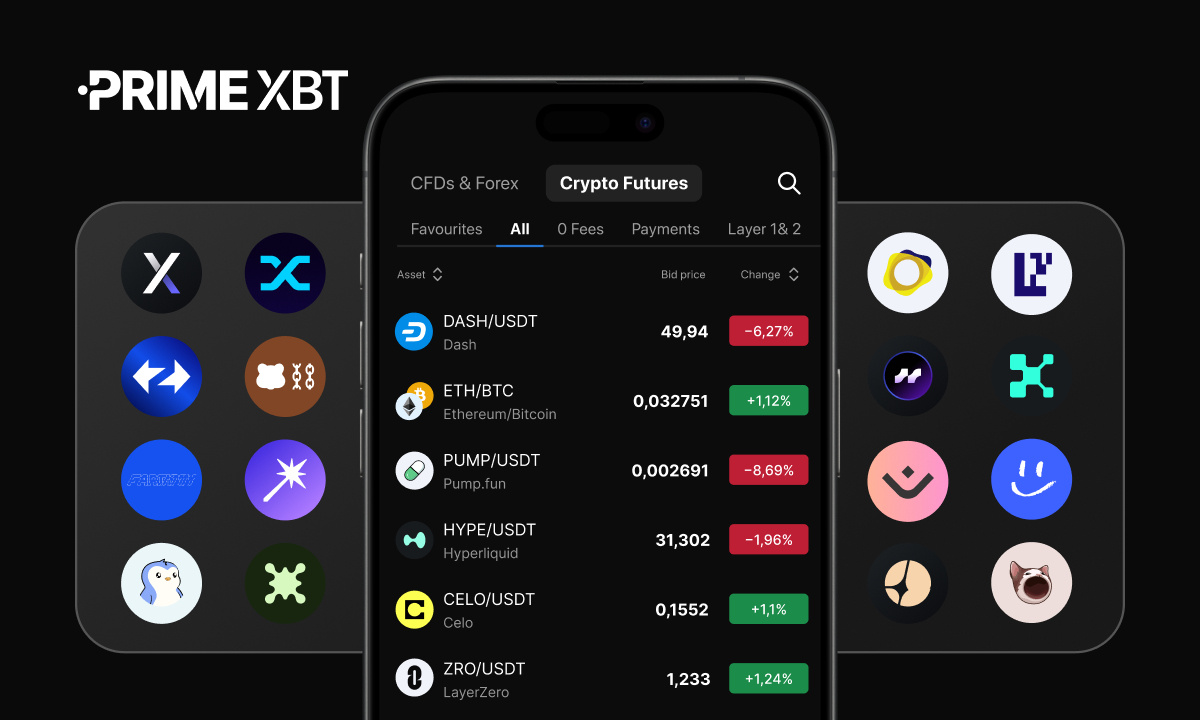There has been a lot of debate lately about the legality of non-fungible tokens (NFTs) in Islam. Some people believe that NFTs are haram, while others claim halal. In this blog post, we will explore the Islamic perspective on NFTs and try to answer the question: is NFT trading halal?
NFTs are a new type of digital asset gaining popularity in recent months. Unlike traditional cryptocurrencies, NFTs are unique and cannot be replicated. This means that they can be used to represent ownership of digital assets, such as art, music, or even virtual real estate.
First, let us see what halal and haram mean. Halal is the Arabic word for “lawful†or “permittedâ€. It is a broad term covering what is allowed in the context of Islamic law but is often used in conjunction with the issue of how meat is dealt with. The opposite of halal is haram, meaning “forbidden.â€
Whether NFTs are halal or haram is a complicated one, and there is no easy answer. On the one hand, NFTs do have some similarities to gambling and speculation, which are both activities that are generally discouraged in Islam. On the other hand, NFTs also has the potential to be used for good deeds, such as funding charities or supporting artists.
For this reason, many scholars believe that more research will be needed on this debate. Ultimately, it is up to each individual to decide whether they believe NFTs are halal or haram. However, what is clear is that there is a lot of room for interpretation when it comes to this issue.









